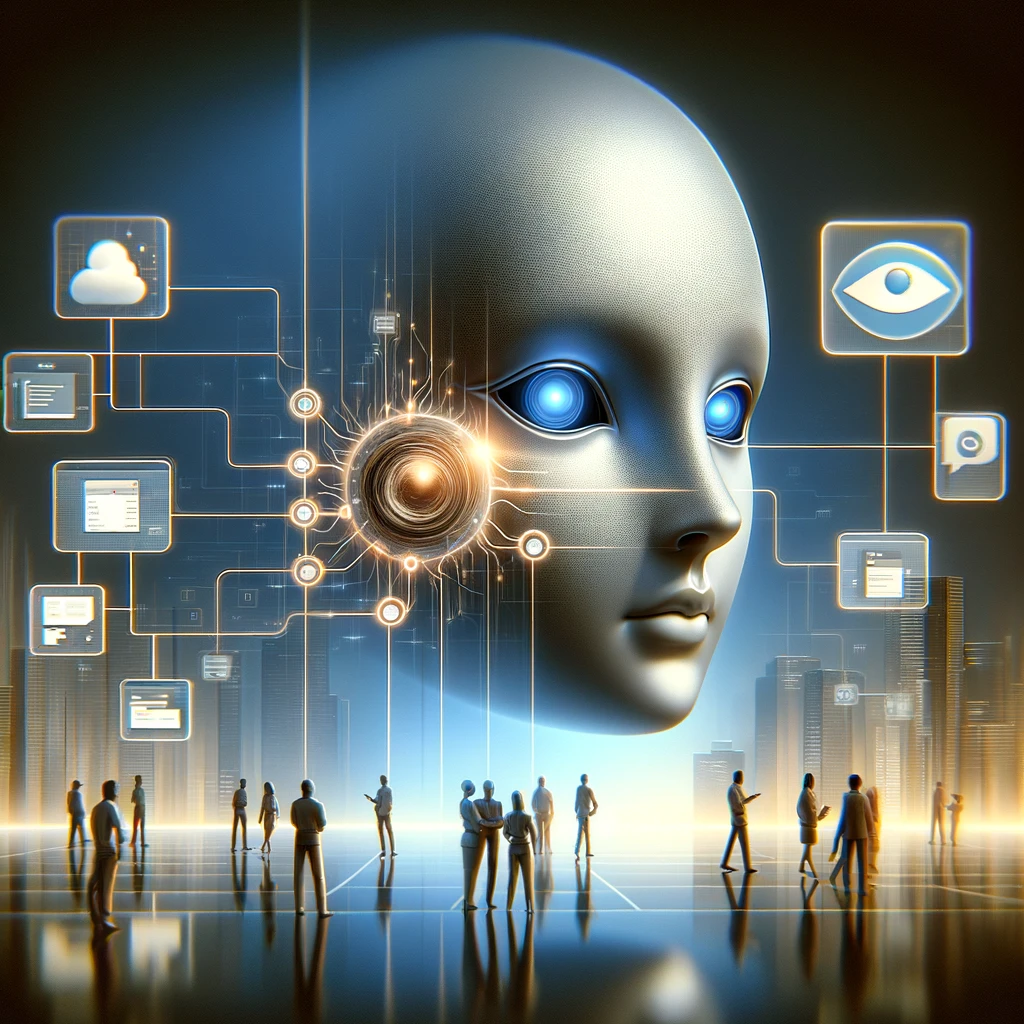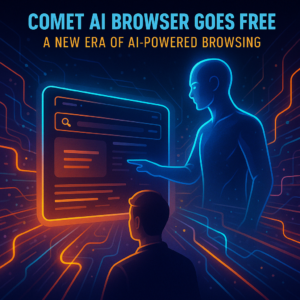The New Frontier of Workplace Surveillance: The AI Ethical Dilemma

Exploring the nuanced world of AI-driven employee surveillance across major corporations.
- What are the implications of using artificial intelligence (AI) for monitoring employee communications in major corporations?
- How does Aware facilitate corporate surveillance, and what distinguishes its technology in the market?
- What are the broader societal and regulatory challenges posed by AI-driven employee surveillance?
In an era marked by escalating digital privacy concerns, a recent investigation into the pervasive use of artificial intelligence for employee monitoring has shed light on a contentious practice among major corporations like Walmart, Delta Air Lines, T-Mobile, Chevron, and Starbucks. This deep dive into the confluence of AI, workplace surveillance, and employee rights uncovers the advanced technologies deployed by these entities, facilitated by the Columbus, Ohio-based startup, Aware. These technologies scrutinize employee communications on platforms such as Slack, Microsoft Teams, and Zoom, raising significant questions about the balance between operational security and personal privacy. More details on this investigation can be found at CNBC.
Aware: The Vanguard of Corporate Surveillance
Founded seven years ago, Columbus, Ohio-based Aware has emerged as the preferred solution for large employers aiming to “understand the risk within their communications,” according to Jeff Schumann, co-founder and CEO. Beyond mere monitoring, this technology encompasses real-time sentiment analysis, identifying potential harassment, discrimination, and compliance issues without revealing individual identities unless extreme circumstances necessitate.
The Ethical Implications of AI-Driven Monitoring
The deployment of AI for employee surveillance introduces a complex ethical landscape. Companies argue that such measures are essential for maintaining a secure and lawful workplace. However, critics, including Jutta Williams from Humane Intelligence, express concerns about a future where employees are viewed more as data points than individuals, evoking comparisons to dystopian scenarios. This debate underscores the need for a nuanced approach to AI implementation—one that respects individual rights while safeguarding collective security.
The AI Surveillance Market: A Niche within a Boom
The niche market for AI-driven workplace surveillance exists within the larger, rapidly expanding AI sector, propelled by innovations like OpenAI’s ChatGPT. Despite its smaller scale compared to behemoths like OpenAI and Anthropic, Aware has seen its revenue increase by 150% annually over the past five years. This growth highlights the escalating corporate demand for technologies capable of navigating the complex dynamics of modern workplace communications.
Privacy Concerns and the Power of Anonymized Data
Aware’s ability to analyze billions of messages and create detailed social graphs presents a double-edged sword. While it offers companies unprecedented insights into internal communications, it also raises significant privacy concerns—particularly the risk of re-identifying individuals from supposedly anonymized data. This situation calls for a careful reconsideration of privacy safeguards in the age of AI surveillance. A deeper dive into the implications of AI in global labor markets is available at Redefining Work.
Regulatory Scrutiny and the Future of Worker Rights
With regulatory bodies like the Federal Trade Commission beginning to examine these surveillance practices, the discourse around AI monitoring is set to intensify. These investigations are not only about assessing current applications but also about contemplating the future impact of such technologies on worker rights and workplace privacy. The challenge lies in crafting regulations that can keep pace with technological advancements while protecting individual liberties.
Navigating the Ethical Frontier
In crafting this narrative, it’s crucial to navigate the fine line between technological innovation and ethical responsibility. The story must amplify the voices of those at the forefront of this digital transformation—employees under scrutiny, companies striving for safety and compliance, and experts warning of potential overreach. This investigation aims not just to inform but to provoke a necessary dialogue on the future of work in an age where AI’s capabilities are boundless yet potentially invasive, urging a reevaluation of digital ethics in the modern workplace. As AI’s capabilities continue to evolve, so too must our ethical frameworks, ensuring that technological progress enhances rather than undermines our collective human experience.




